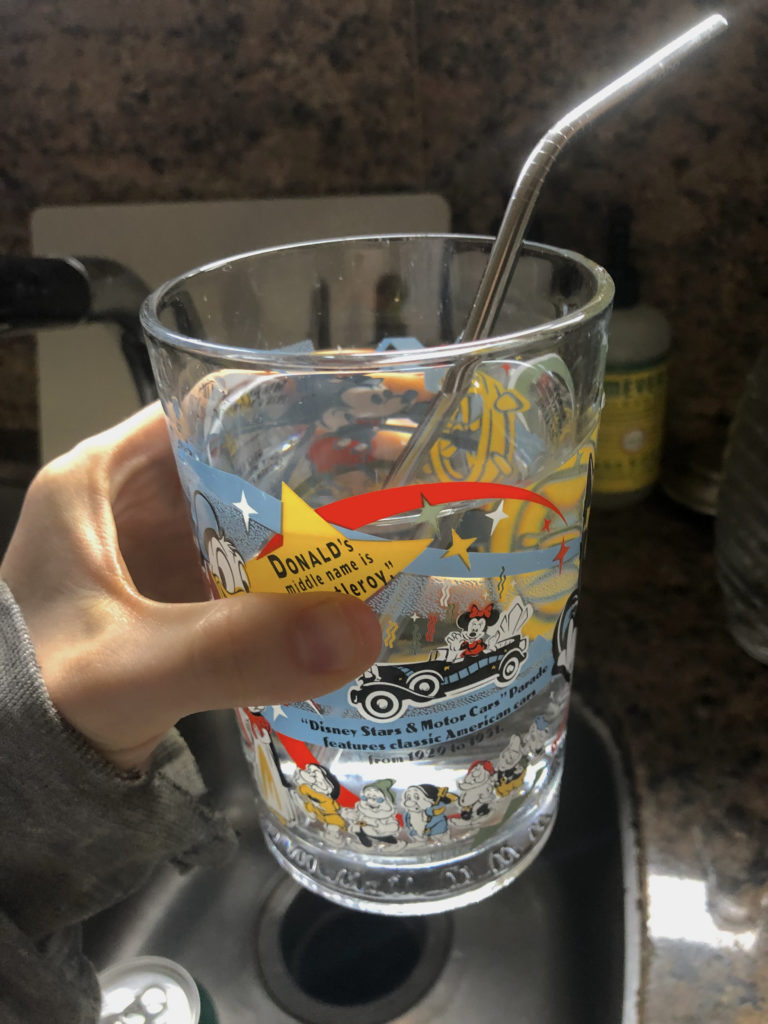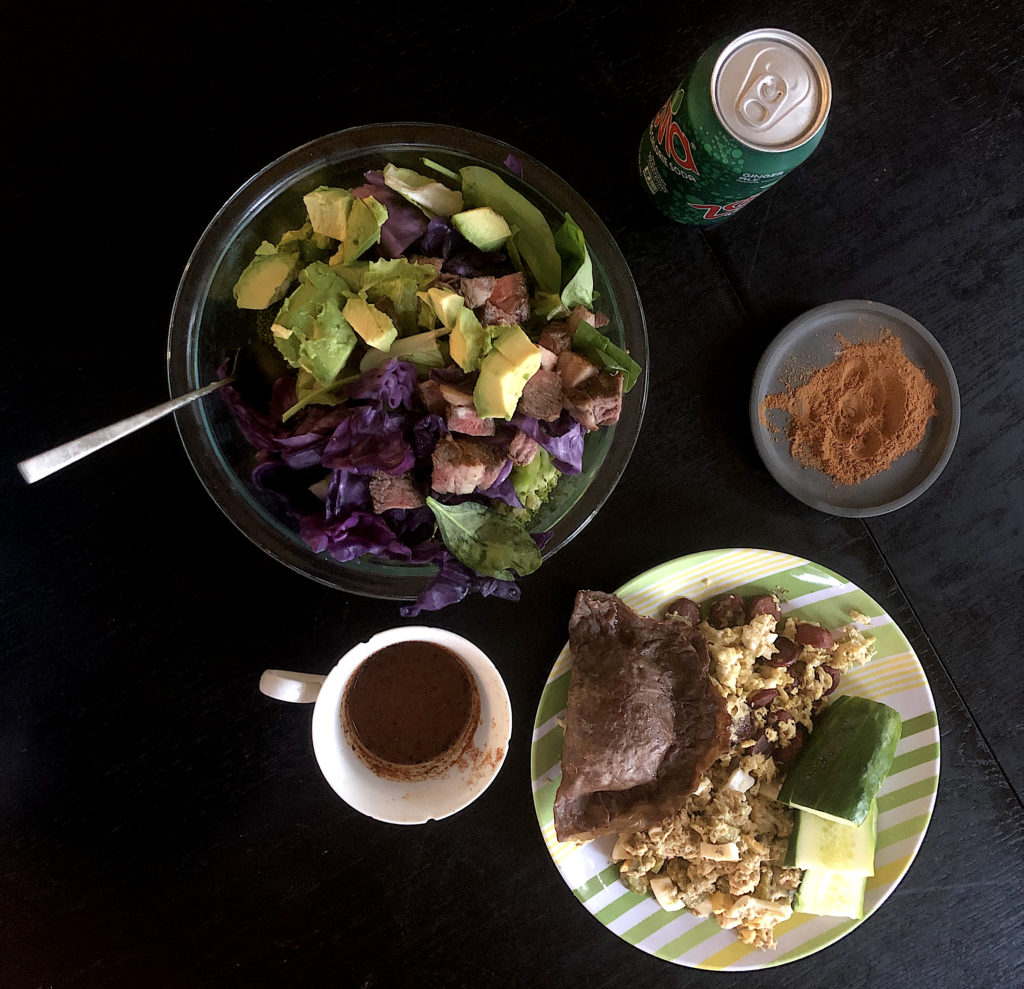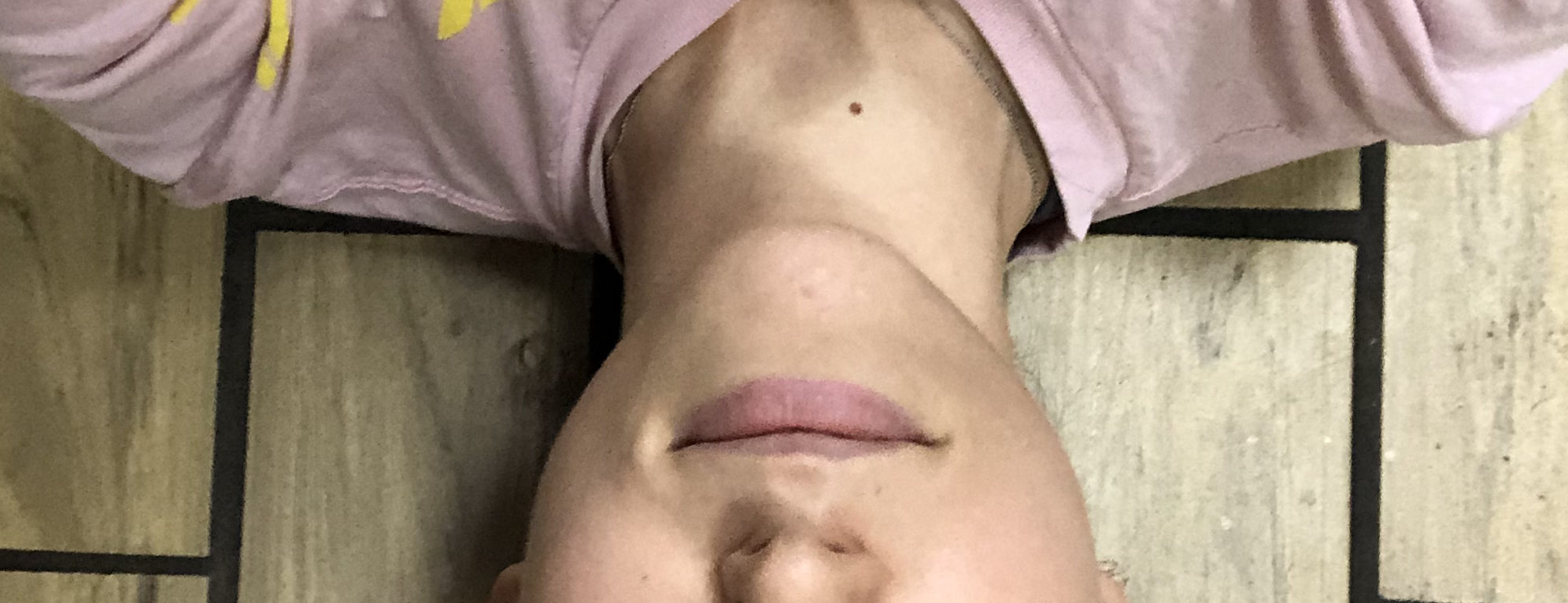For today’s challenge I fasted until dinner.
Fasting isn’t new to me. In the past, spent several months intermittent fasting every day. I’ve gone on a 3 day water fast. And I’ve fasted for Yom Kipper.
But lately, my eating has been regimented.
Breakfast right after meditating.
Lunch right after math.
Dinner after my second meditation.
Snack before bed.
My mind is so preoccupied with my next meal, how good it’s going to be, and how much longer until I get to have it.
I think about food all the time. I’d like to curtail my obsession with food so I can put my mental energy to my priorities.
I wanted to see what would happen if I didn’t have breakfast to wake up to or my lunch break to day dream about. What would it be like if I knew I wasn’t going to break up my day with rewards of food?
The mental challenge will be interesting, but fasting may actually make staying away from food less trying. Fasting has been shown to reduce ghrelin, the hormone responsible for appetite.
James Clear, author of Atomic Habits, claims that he thinks less about food when he fasts:
Now that I’ve started fasting, I want food less. I’m not addicted to it. I’m not a victim to my diet. I eat when I want because I want to, not because my body tells me I have to.
This is a marked change from my previous eating schedule
12 Lessons Learned from 1 Year of Intermittent Fasting, James Clear
What Happened
For this fast, I decided to only drink water. So I skipped my daily electrolytes, herbal teas, stevia, and Zevia, even though they have no calories.
I began my day- meditated, skipped breakfast, and started exercising. To pump myself up, I listened to an episode about fasting of The Tim Ferriss Show with Dr. Rhonda Patrick.
Two intriguing benefits of fasting from show:
- Can regulate circadian rhythm
- Can reduce the inflammatory biomarker C-reactive protein biomarker
Unfortunately, both of these benefits only happen if your eating window is earlier in the day. That’s not what I’m doing, so it would be interesting to try a day time eating window another day.
She recommended only drinking water during a fast because compounds in non caloric drinks can affect circadian rhythm. For example, caffeine can produce metabolic effects.
Dr. Patrick also talked about the benefits of fasting at any time of day, but the above two stuck out to me.
I spent the day drinking water and it wasn’t so bad.

I did get hungry. Multiple times. But I knew the hunger would pass. I didn’t really think about eating so much.
Embracing the discomfort both, mental and physical, made the experience less dreadful than in the past. Oddly, I almost enjoyed the discomfort. It reminded me that I was overcoming limitations I thought I had. I don’t enjoy pain, but this challenge is helping me appreciate mild discomfort.
It helped that I had a busy day. When I’m bored, I think about eating.
I broke my fast at 7pm with my BFF, Shlomo.

This is basically my breakfast, lunch, and dinner calories all at once. It was really hard to eat in one sitting!
I later had some keto gummy bears and keto coconut milk ice cream with almond butter before bed.
What I learned
I learned that fasting seemed to help me think about food less. I’d have to a try it a few more times to really know. What about days when I’m bored or frustrated? Will I think about food?
I learned that the discomfort I feared actually felt good when I embraced it. I felt pride that I could deal with it. And it wasn’t so uncomfortable that it hindered my focus. It was a benign discomfort.
Join The Challenge
For more information on the challenge, see the 30DaysOfDiscomfort challenge page.
Want to interact with other participants of the challenge? Join the Discord chat group
Share your experiences on twitter with the hashtag #30DaysOfDiscomfort
